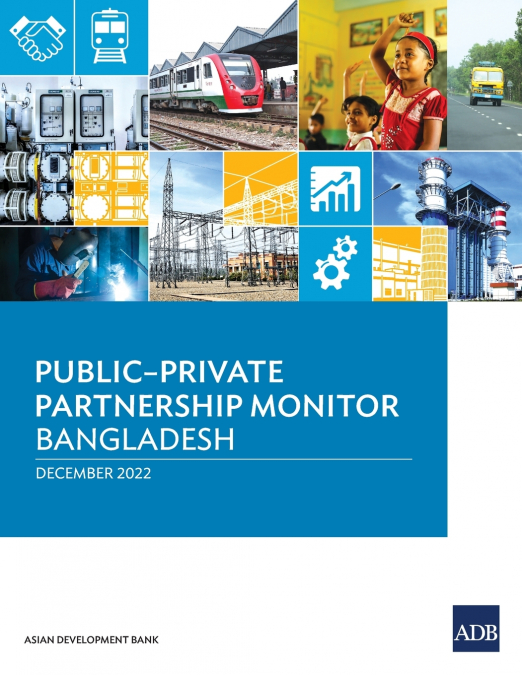
Asian Development Bank
This publication contains a detailed overview of Bangladesh’s public-private partnership (PPP) landscape, assesses its progress, and explains how well-structured deals can help climate-proof its infrastructure and maintain growth. Designed as a one-stop source of information on Bangladesh’s relatively mature PPP sector, it assesses over 500 qualitative and quantitative indicators, and shows how strengthening institutional frameworks has encouraged investments in core sectors such as ports, energy, and transportation. It explores how Bangladesh now needs to ramp up regulation and tighten contractual frameworks to generate more long-term financing and fill the funding gap it faces as demand for climate-resilient infrastructure rises.